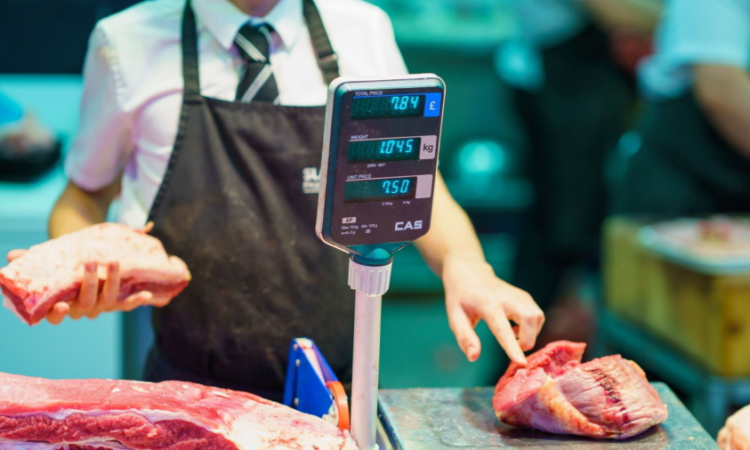
Savers are holding back from putting their money into the securities markets as the cost of living crisis squeezes household budgets and the financial tumult in the UK rattles investor confidence.
Hargreaves Lansdown, the UK’s largest do-it-yourself investment platform, said this week that new investments effectively stalled in the third quarter, with the bulk of new money flowing to cash savings instead.
The Financial Conduct Authority (FCA) meanwhile warned that the worsening economic situation this year has harmed household’s capacity and inclination to invest for the long term.
Financial difficulties for households and market uncertainty in the UK have worsened in the aftermath of ex-chancellor Kwasi Kwarteng’s “mini” Budget, which spooked markets and sent mortgage rates higher.
“Sad to say, the list of households who are able to look through both volatile markets and the cost of living is not that long,” said Richard Flax, chief investment officer at digital wealth manager Moneyfarm.
“What you see is a reluctance of people to invest or to top up their existing account,” he added, although he urged those who still had the capacity to put their money to work for the long term to “continue to invest in a systematic way”.
The number of new investment accounts opened fell by almost half in the first six months of this year, compared with the year before, according to data released by the FCA on Tuesday.
“The economic context has deteriorated in 2022 along with consumers’ willingness and ability to invest . . . Household real incomes have fallen . . . driving a cost of living crisis. The household savings rate and retail fund flows have turned negative,” the regulator said.
The FCA said the number of investors holding high amounts of cash has climbed by more than 1mn people since last year. The City regulator set itself a goal to reduce this figure, targeting more than 8mn people in the UK who have more than £10,000 in savings mostly or entirely held in cash, which is being eaten away by the highest inflation in 40 years.
£11.25bn
Outflows from UK-based funds during September
However, the inclination to sit on cash has grown. “Cash savings are high on the agenda for clients,” said Chris Hill, outgoing chief executive of Hargreaves Lansdown. “Flows into risk-based investments remain subdued.”
The funds supermarket, which has a two-fifths share of the UK do-it-yourself investing market, said trading volumes had slumped by a quarter in the three months to the end of September, compared with a year ago.
UK-based funds haemorrhaged £11.25bn last month, according to data from Morningstar Direct, far surpassing the previous worst bout of outflows at the peak of the Covid-19 crisis in March 2020, when funds lost £7.4bn.
Edward Park, chief investment officer at wealth manager Brooks Macdonald, said the bout of selling made sense at a time of “terrible market sentiment”.
Retail investors have suffered through a bruising period of losses. Interactive Investor, the second-largest platform, on Monday said its average client portfolio lost 10 per cent in the year to the end of September.
“Neither credit nor equities have been attractive options this year. For a multi-asset investor, cash has been the place to be and patience the key attribute to have,” said Remi Olu-Pitan, head of multi-asset growth and income at Schroders.
“I think we’ve had phase 1 of this market reset, which was all about moving into cash. We’re now going to move into phase 2, which will be . . . about identifying those companies [that] can deliver earnings and avoid default . . . Investors can slowly add back to their portfolios and [take] advantage of . . . valuations, starting first with credit with equities to follow.”
In other words, companies with good cashflows, able to pass on price increases in inflationary times, such as consumer goods producers.






